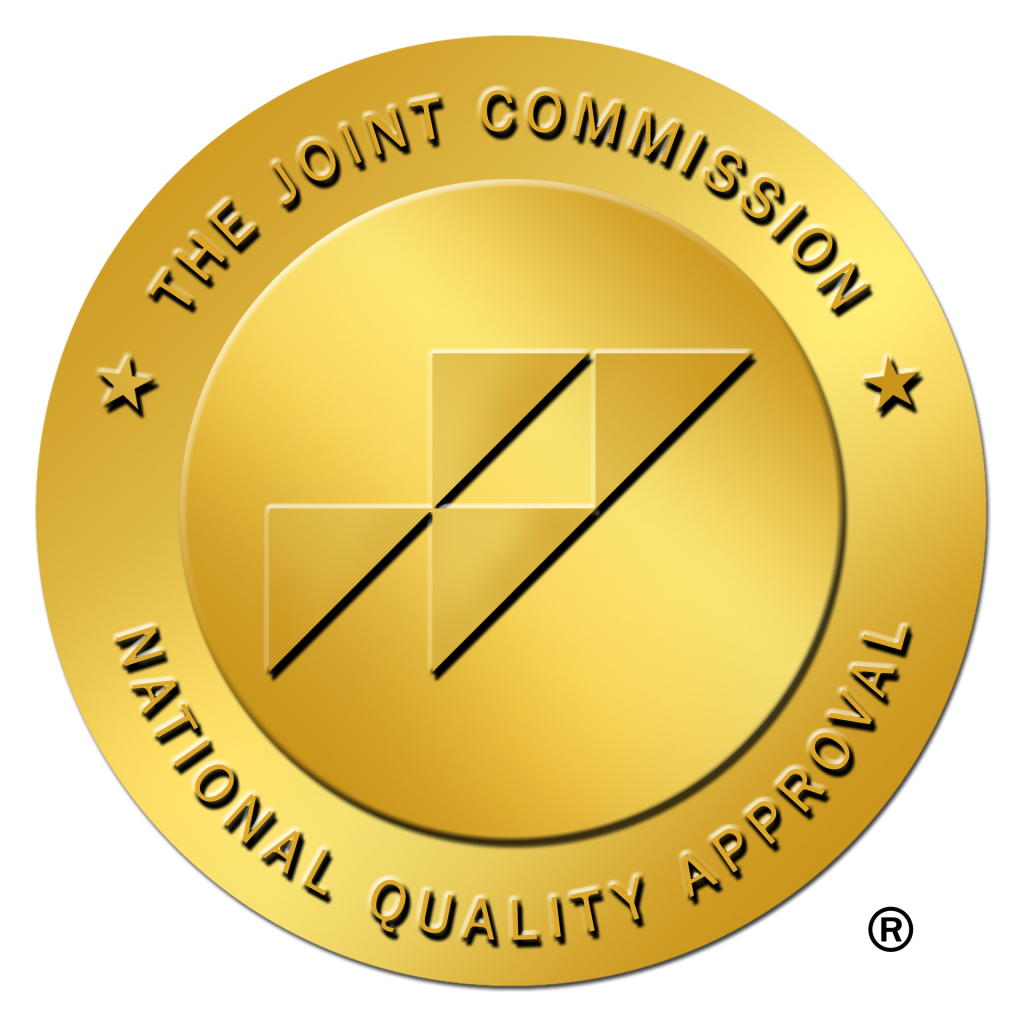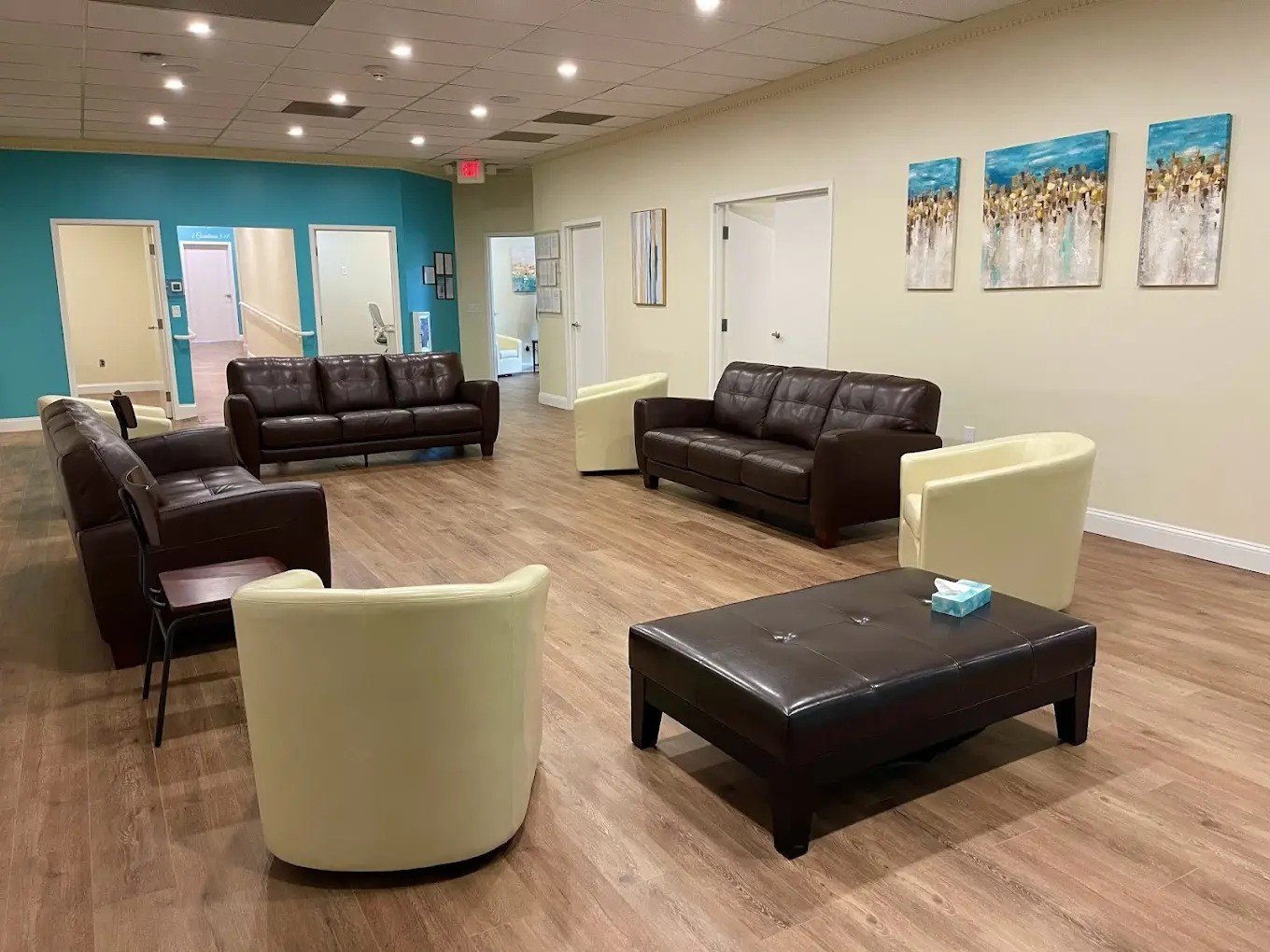Drug Rehab Morris County Nj
Exploring Drug Rehab Options in Morris County NJ
Morris County, NJ offers a diverse range of drug rehab facilities designed to meet the needs of individuals seeking recovery from substance use disorders. With options that include both residential and outpatient care, individuals can find programs that best suit their lifestyle and recovery goals. The combination of evidence-based treatments and community support structures in Morris County makes it a prime location for recovery journeys.
While some facilities may focus on intensive residential programs, others, like those offered by New Chapter Recovery, provide flexible outpatient options. These programs cater to the unique needs of residents, including those who require day and evening schedules to manage work and family commitments.
Outpatient Care in Parsippany
An integral part of drug rehab in Morris County NJ is the availability of outpatient care solutions like those at New Chapter Recovery in Parsippany-Troy Hills. This center offers a continuum of care with Partial Hospitalization Programs (PHP), Intensive Outpatient Programs (IOP), and regular Outpatient Programs (OP) to cater to varying levels of recovery intensity.
The outpatient model provides flexibility and allows individuals to return home each evening, maintaining engagement with family life and community responsibilities. This approach can be particularly beneficial for working professionals and those not requiring 24-hour supervision.
Medication-Assisted Treatment
At facilities like New Chapter Recovery, medication-assisted treatment (MAT) plays a crucial role in the journey to sobriety. MAT combines medications with counseling and behavioral therapies, offering a holistic approach to treating substance use disorders, particularly for opioids, alcohol, and other drugs.
Dual Diagnosis Services
One of the standout features of New Chapter Recovery is their dual diagnosis services, addressing both addiction and co-occurring mental health disorders. This integrated approach ensures that clients receive comprehensive care, tackling both substance use and mental health conditions simultaneously.
Individualized Counseling and Group Therapy
Individualized counseling sessions at New Chapter Recovery offer clients personalized attention to address unique recovery needs. These sessions are complemented by group therapy, which provides a supportive environment to share experiences, develop coping strategies, and foster peer support.
Group therapy not only offers a sense of community but also helps individuals learn from others’ experiences and apply these lessons to their own recovery process.
Specialty Tracks and Innovative Therapies
New Chapter Recovery distinguishes itself with specialty tracks such as animal-assisted therapy, veterans treatment, and faith-based recovery options. These tracks cater to the diverse needs of clients, offering unique therapeutic experiences that enhance traditional treatment methods.
Animal-assisted therapy, for instance, provides a calming influence and encourages emotional healing, while veterans treatment offers targeted support for those with military service backgrounds.
Relapse Prevention and Intervention Services
A critical component of any drug rehab program is ensuring long-term sobriety through relapse prevention and intervention services. At New Chapter Recovery, these services are integrated into treatment plans, equipping clients with tools and strategies to maintain abstinence.
By providing ongoing support and resources, clients are empowered to navigate potential triggers and challenges that may arise post-treatment.
Family Support and Community Integration
Recovery is not just an individual journey but one that involves family and community. New Chapter Recovery emphasizes family support, recognizing its importance in the healing process. Workshops and counseling sessions are available to help families support their loved ones effectively.
Post-treatment, community integration support ensures that clients can smoothly transition back into their daily lives with robust relapse prevention strategies in place.
Transparent Communication and Fast Admissions
New Chapter Recovery prides itself on transparent communication with families and referral sources, ensuring that everyone involved in the treatment process stays informed and engaged. Their fast, confidential admissions process includes quick insurance verification, minimizing barriers to accessing care.
This efficiency is crucial in making sure that individuals receive the help they need without unnecessary delays.
The Impact of Outpatient Rehab in Morris County NJ
Outpatient rehab in Morris County NJ, such as that offered by New Chapter Recovery, presents a viable solution for many who seek recovery without the constraints of residential treatment. It allows clients to balance their recovery journey with personal and professional commitments, facilitating a return to regular life while under professional care.
Embracing Evidence-Based Therapies
New Chapter Recovery integrates evidence-based therapies, including Cognitive Behavioral Therapy (CBT), Dialectical Behavior Therapy (DBT), and motivational interviewing, among others. These therapeutic modalities are key to addressing the underlying psychological factors contributing to substance use disorders.
By focusing on measurable clinical outcomes, the treatment center sets individualized goals, fostering a path to long-term recovery and personal growth.
The Road Ahead
For those seeking drug rehab in Morris County NJ, centers like New Chapter Recovery offer a compelling blend of innovative treatment options, comprehensive care plans, and community integration support. Their approach is designed to empower individuals, paving the way toward lasting sobriety and a fulfilling life thereafter.
What drug rehab options are available in Morris County for individuals with varying needs?
Morris County offers an extensive array of rehab options to cater to the diverse needs of individuals seeking recovery from substance use disorders. Facilities like New Chapter Recovery in Parsippany-Troy Hills provide a range of outpatient programs including Partial Hospitalization Programs (PHP), Intensive Outpatient Programs (IOP), and standard Outpatient Programs (OP). These programs are designed to be flexible, making them ideal for people balancing work, family commitments, or those who prefer an outpatient setting over residential treatment. By providing evidence-based therapies and community integration, these programs support individuals in maintaining their recovery journey while staying connected with their personal lives.
How does outpatient care in Parsippany foster long-term recovery?
Outpatient care in Parsippany, such as that offered by New Chapter Recovery, is structured to support long-term recovery by allowing individuals to remain integrated within their community and familial environments. This structure is especially beneficial for those who thrive under the stability of their daily routines. Patients can attend therapy sessions, such as Cognitive Behavioral Therapy or group support meetings, and then return home each night. This continuity fosters accountability and provides real-world application of coping strategies learned in therapy. An example might be a working professional who attends evening IOP sessions after work, balancing recovery with career responsibilities. These programs build resilience against relapse by integrating recovery into everyday life. Why do you think maintaining daily routines might be critical for some individuals in recovery?
What role does medication-assisted treatment (MAT) play in substance abuse recovery?
Medication-assisted treatment (MAT) is a vital component in many recovery plans, particularly for individuals battling opioid or alcohol dependence. Centers like New Chapter Recovery incorporate MAT to reduce withdrawal symptoms and cravings, which significantly enhances the effectiveness of counseling and therapy. MAT generally involves medications such as methadone, buprenorphine, or naltrexone, combined with behavioral therapies. This holistic approach not only alleviates the physical challenges of withdrawal but also addresses the psychological aspects of addiction, providing a comprehensive treatment plan. Think of MAT as the bridge stabilizing a rocky passage; it helps solidify initial steps toward recovery, making the journey less daunting and more sustainable.
Why are dual diagnosis services crucial in treating substance use disorders?
Dual diagnosis services are indispensable because they recognize the complex interplay between substance use disorders and co-occurring mental health issues like depression or anxiety. New Chapter Recovery’s integrated approach ensures that both addiction and mental health conditions are treated simultaneously, which is crucial for effective recovery. For example, someone with an anxiety disorder might misuse substances to cope with stress. By addressing the underlying anxiety through therapy and medication, the individual’s reliance on substances can be mitigated. This comprehensive care ultimately leads to better outcomes and reduces the risk of relapse. What are your thoughts on the impact of untreated mental health conditions on addiction?
How does family support influence the recovery process?
Family support is pivotal in the recovery process because it provides a network of encouragement and accountability. At New Chapter Recovery, family involvement is strongly encouraged through workshops and counseling sessions that educate family members about addiction and recovery. This inclusion helps family members learn how to provide constructive support and recognizes their role in the healing process. Imagine the difference it makes when someone recovering knows their family not only understands their journey but actively participates in it, creating a supportive and encouraging home environment. This dynamic can significantly enhance motivation for recovery and reduce the likelihood of relapse.
What are the benefits of integrating specialty therapy tracks in addiction treatment?
Specialty therapy tracks offer tailored therapeutic experiences that can greatly enhance the traditional treatment process. At New Chapter Recovery, options like animal-assisted therapy or veterans treatment cater to individual preferences and specific backgrounds. For instance, veterans might benefit from therapies designed around their unique experiences and challenges. Similarly, animal-assisted therapy can be particularly soothing and therapeutic, fostering emotional healing for many individuals. These specialty tracks offer a personalized touch to treatment, making it more relatable and effective. Have you ever considered how a unique therapy approach might resonate more deeply with someone based on their background or interests?
How does fast admissions and efficient insurance processing impact access to care?
Fast admissions and efficient insurance processing, like those practiced at New Chapter Recovery, are critical in ensuring timely access to care, which can be decisive in crisis situations. When an individual is ready to seek help, any delay can be a barrier that dissuades them from pursuing treatment. By providing quick insurance verification and a streamlined admissions process, centers can minimize waiting periods and reduce stress for patients and their families. This efficiency means that individuals can concentrate on their recovery instead of bureaucratic hurdles. Imagine a scenario where someone decides to take the crucial step toward recovery and finds an immediate, supportive path laid before them, reinforcing their resolve to change.
Resources
- Substance Abuse and Mental Health Services Administration (SAMHSA) – SAMHSA is a government agency dedicated to providing resources and support for substance abuse and mental health issues.
- National Institute on Drug Abuse (NIDA) – NIDA is a research institute that focuses on the science of drug abuse and addiction.
- American Psychiatric Association (APA) – The APA is a professional organization representing psychiatrists and providing information on mental health and substance use disorders.
- National Institutes of Health (NIH) – The NIH is a government agency that conducts biomedical research and provides information on a wide range of health topics, including substance abuse.
- Centers for Disease Control and Prevention (CDC) – The CDC is a national public health institute that provides information on health, including substance abuse prevention and treatment.






